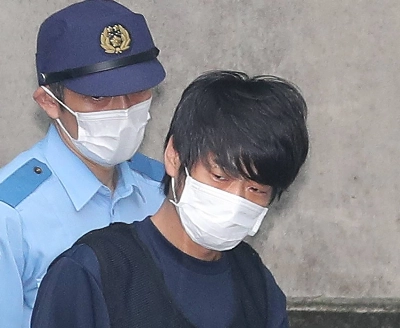Allegations of corruption and mismanagement in the oil-for-food program administered by the United Nations in Iraq during the 1990s are not new. The attention that is being devoted to them today is. The scrutiny is long overdue. The world needs to know how Saddam Hussein manipulated this humanitarian program for his own purposes and who assisted him in that effort. But we must also be alert to attempts to use that information to influence the political transition in Iraq as the date for the handover of authority in Baghdad approaches.
After the Persian Gulf War, strict sanctions were imposed on Iraq to enforce compliance with the terms of the peace agreement. Baghdad waged a successful public relations campaign to demonstrate the toll those sanctions exacted on ordinary Iraqi citizens: Journalists were given guided tours of hospitals, shown malnourished and sick children and showered with horrific statistics about infant mortality and disease among the young.
To counter the image of a world indifferent to the enormous suffering -- and keep pressure on Iraq -- the U.N. set up a program that would allow Iraq to sell limited amounts of oil, but the proceeds were to be used only for approved items, in particular, food and medicine for the Iraqi people. The proceeds of the sales would be monitored by the U.N., which would also check the spending. During its life, the oil-for-food program handled some $67 billion worth of transactions.

















With your current subscription plan you can comment on stories. However, before writing your first comment, please create a display name in the Profile section of your subscriber account page.